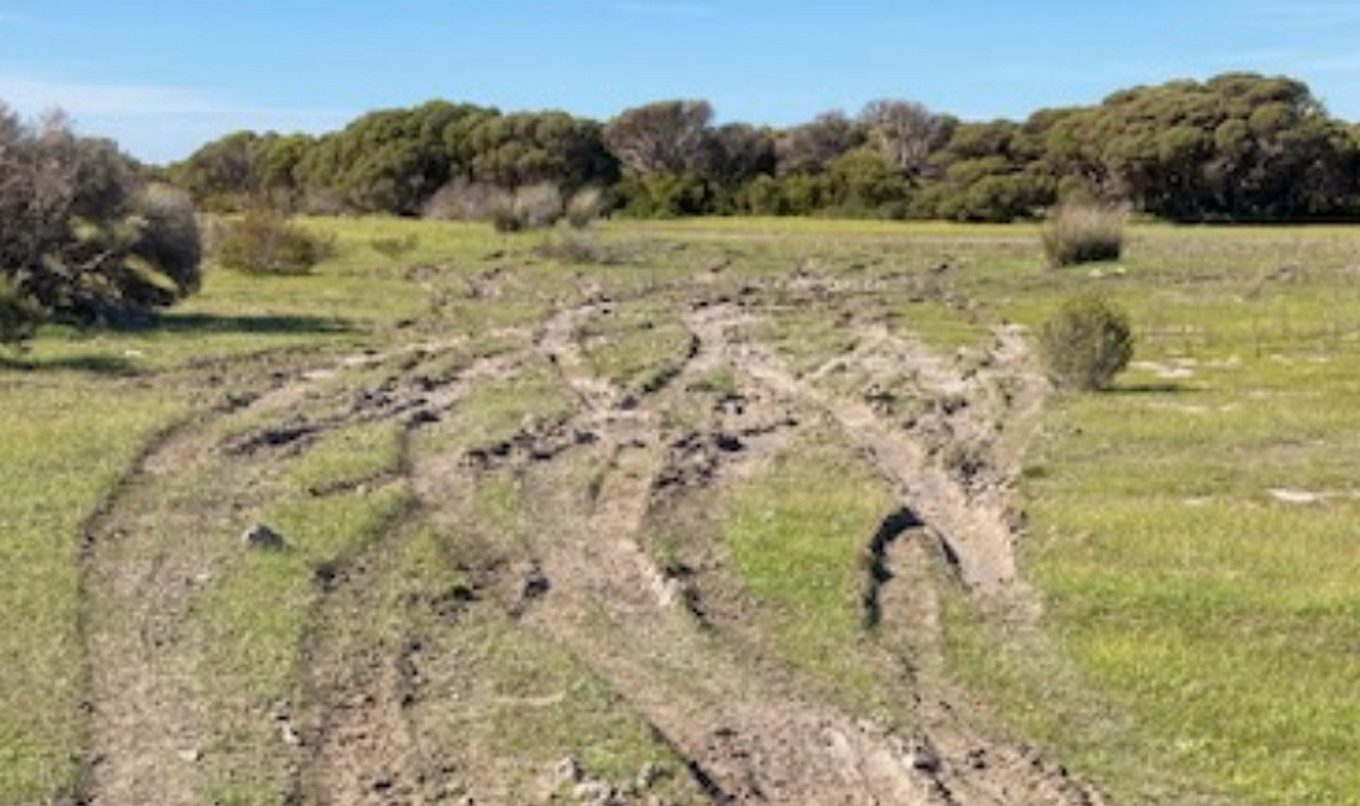Extra protections for Thidna Conservation Park
Native vegetation and wildlife will soon have extra protection at Thidna Conservation Park, with public vehicle access to be banned from 24 September.

Located about 10 kilometres south of Corny Point on the beautiful Yorke Peninsula, Thidna is home to a range of native vegetation including bead samphire which is listed as Nationally Vulnerable under the Environment Protection and Conservation Act 1999, and native animals including fairy terns and hooded plovers. Osprey can also be spotted in the park, with an osprey nest located close by at Gleesons Landing. The park is also home to the yalata mallee, one of only two known locations on the Yorke Peninsula where this species is found.
National Parks and Wildlife Manager Yorke and Mid North Region Craig Nixon said the decision to permanently remove vehicle access to the park was widely supported by the community including Narungga Nations, and had been made to further protect the parks fragile dunes, native vegetation and wildlife and Narungga cultural heritage sites.
“A history of four wheel driving off track, along with illegal camping and campfires has had an impact on the conservation values of this coastal conservation park, with vegetation damage, dune erosion, campfires and rubbish left by visitors all contributing to damage at this small and significant coastal reserve,” he said.
“While public vehicle access has now been banned in the park, visitors will still be able to access the beach below the high water mark via the adjacent community of Gleesons Landing.
“Visitors are free to walk within the park and can continue to enjoy the scenery, native vegetation and wildlife.
“New signage will be installed at key points to advise beach users of the new arrangements and fencing and gates will be used to restrict vehicle access.”
Thidna Conservation Park is 850 hectares and was gazetted in 2017.

